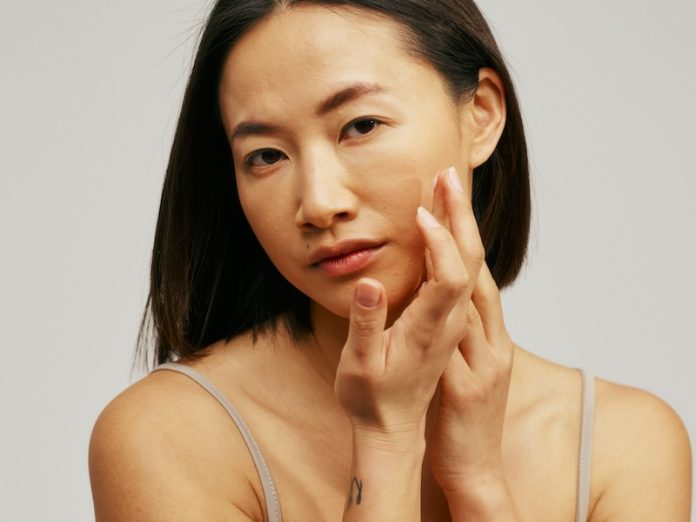
Fatty liver disease is becoming more common around the world, especially as more people live sedentary lifestyles and deal with weight gain. This condition happens when too much fat builds up in the liver cells.
In many cases, it starts quietly with no clear signs, which makes it easy to overlook. But sometimes, subtle changes in your face might offer early clues that something could be wrong with your liver.
There are two main types of fatty liver disease. One is alcohol-related fatty liver disease (AFLD), which is caused by drinking too much alcohol. The other is non-alcoholic fatty liver disease (NAFLD), which is usually linked to poor diet, obesity, and lack of physical activity. Both types can damage the liver over time.
If left untreated, fatty liver disease can lead to serious conditions like liver fibrosis (scarring), cirrhosis (severe liver damage), or even liver cancer.
While facial changes alone cannot confirm fatty liver disease, they might help you notice problems earlier—especially when they appear with other symptoms. Here are a few facial signs that may signal liver trouble.
One of the most well-known signs is jaundice, which causes the whites of the eyes and the skin to turn yellow. This happens when the liver can’t properly break down a substance called bilirubin, which is normally processed and cleared by a healthy liver.
When the liver isn’t working as it should, bilirubin builds up in the body, leading to this yellow discoloration. If you notice yellowing of the eyes or skin, it’s important to see a doctor, as it could be a sign of fatty liver disease or another liver problem.
Another facial sign to watch for is the appearance of tiny, red, spider-like veins just under the skin—usually on the cheeks or nose. These are called spider angiomas.
They happen when small blood vessels expand due to hormonal changes, which can occur when the liver isn’t working properly. While these veins can appear in healthy people too (such as during pregnancy), having many of them without a clear cause may be a sign of liver dysfunction.
Puffiness or swelling around the eyes might also be a clue. This can happen when the liver isn’t removing fluids from the body as it should, causing fluid retention. There are many reasons someone might have puffy eyes, including allergies or lack of sleep, so it’s not a sure sign of liver disease. But if it appears alongside other symptoms, it’s worth paying attention to.
You might also notice changes in your skin color, such as some patches of skin becoming lighter or darker than usual. These changes can be linked to liver-related hormonal or enzyme imbalances. Again, these changes are not unique to liver disease, but they may add to the picture if other symptoms are present.
In addition to these facial signs, people with fatty liver disease might feel more tired than usual, have pain or discomfort in the upper right part of the abdomen, or lose weight without trying. These symptoms can develop slowly, so it’s important not to ignore them.
The good news is that fatty liver disease is often manageable—and even reversible—if caught early. Simple lifestyle changes can make a big difference. Eating a balanced diet, exercising regularly, avoiding alcohol (especially if you have AFLD), and maintaining a healthy weight can help reduce fat in the liver and protect its function.
If you notice any of the signs mentioned—on your face or otherwise—it’s best to speak with a doctor. A medical checkup can help confirm whether your liver is healthy and what steps you can take to improve your condition if needed. Looking after your liver health today can prevent more serious problems in the future.
If you care about liver health, please read studies that refined fiber is link to liver cancer, and the best and worst foods for liver health.
For more health information, please see recent studies about how to boost your liver naturally, and simple ways to detox your liver.
Copyright © 2025 Knowridge Science Report. All rights reserved.



